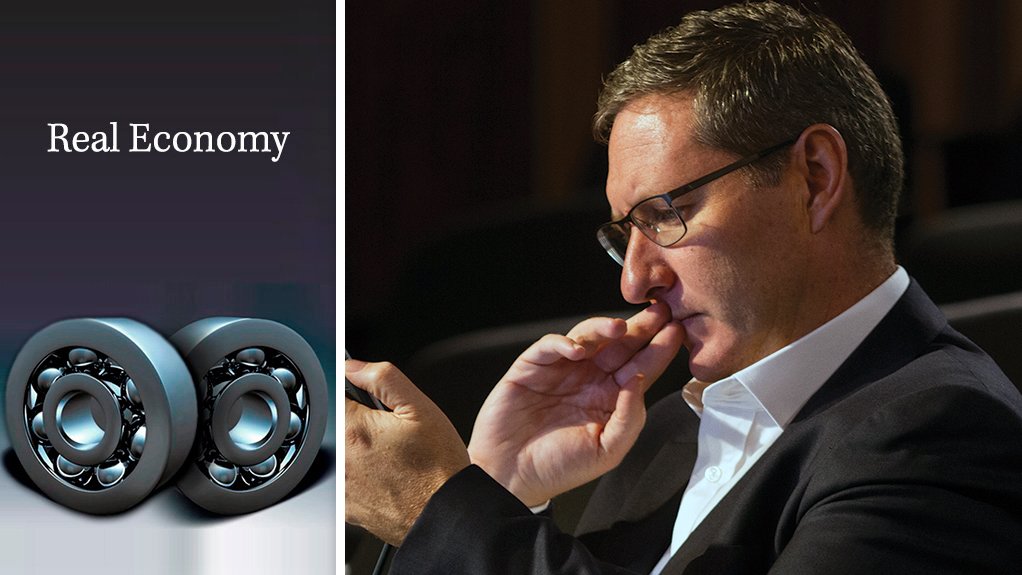South Africans will no doubt remember the ugly 2008 standoff between Standard Bank and BHP Billiton over whether Eskom should, in the midst of power shortages, honour a favourable metal-price-linked electricity supply deal with the diversified miner’s aluminium smelters in South Africa and Mozambique.
Fast forward nearly ten years and the smelters are now owned by South32 and Eskom has a revamped supply agreement with the Mozal smelter, through which the currency and commodity risk has been transferred to the resources company. However, the State-owned utility is now also long on product and is again actively hoping to court energy- intensive business through the extension of incentivised tariffs.
The utility has set an official target of increasing local sales by 2.1% year-on-year by 2019/20 and raising export sales by 8% year-on-year by 2020/21. It claims to have up to 4 000 MW of surplus currently available on a daily basis and has indicated that the excess-supply situation could persist until at least 2021.
This time round, though, the test case is a proposed two-year incentive pricing package for Ferroglobe subsidiary Silicon Smelters, which Eskom and Silicon Smelters say will enable the restart of ferrosilicon production in the Limpopo and Mpumalanga provinces.
Silicon Smelters ceased ferrosilicon production in June 2016, owing to a combination of weak demand and uncompetitive production costs, with electricity listed as one of the largest cost components. Producing a ton of ferrosilicon consumes 13.3 MWh of electricity, making the process as energy-intensive as aluminium smelting.
Silicon Smelters has moved to retrench over 3 000 staff as a result of the production cuts and has also indicated that it has no immediate intention of restarting domestic production unless a more favourable electricity price can be secured.
The National Energy Regulator of South Africa (Nersa) is, therefore, calling for written comments on the application, having turned down an earlier request from the two companies for a negotiated pricing agreement (NPA), owing to the absence of a framework for adjudicating such applications.
Eskom is eager to discuss ways of increasing sales to electricity- intensive businesses, noting that industrial demand has fallen steadily since 2007.
The utility is, thus, proposing a rebate on the Megaflex tariff, which would reduce the unit price of electricity to the ferro- silicon plants in Polokwane and eMalahleni. The two-year deal would be subject to a minimum price level and could be adjusted should the price of ferrosilicon rise during the period. It would also be subject to yearly inflation-related adjustments.
The NPA would also include a commitment by the smelters to have about 80% of their applicable load interrupted by the system opera- tor for two hours every weekday, as well as a hardship clause should either party not be able to honour the deal if circumstances change.
The Energy Intensive User Group of Southern Africa, meanwhile, has indicated that it sees no policy, legislative or regulatory impediment to the introduction of NPAs, if these were able to facilitate the restart of idle mining and process- industry activities.
Indeed, if the Silicon Smelters NPA is approved, there is a strong likelihood that several other applications to Nersa will follow.
EMAIL THIS ARTICLE SAVE THIS ARTICLE ARTICLE ENQUIRY
To subscribe email subscriptions@creamermedia.co.za or click here
To advertise email advertising@creamermedia.co.za or click here











